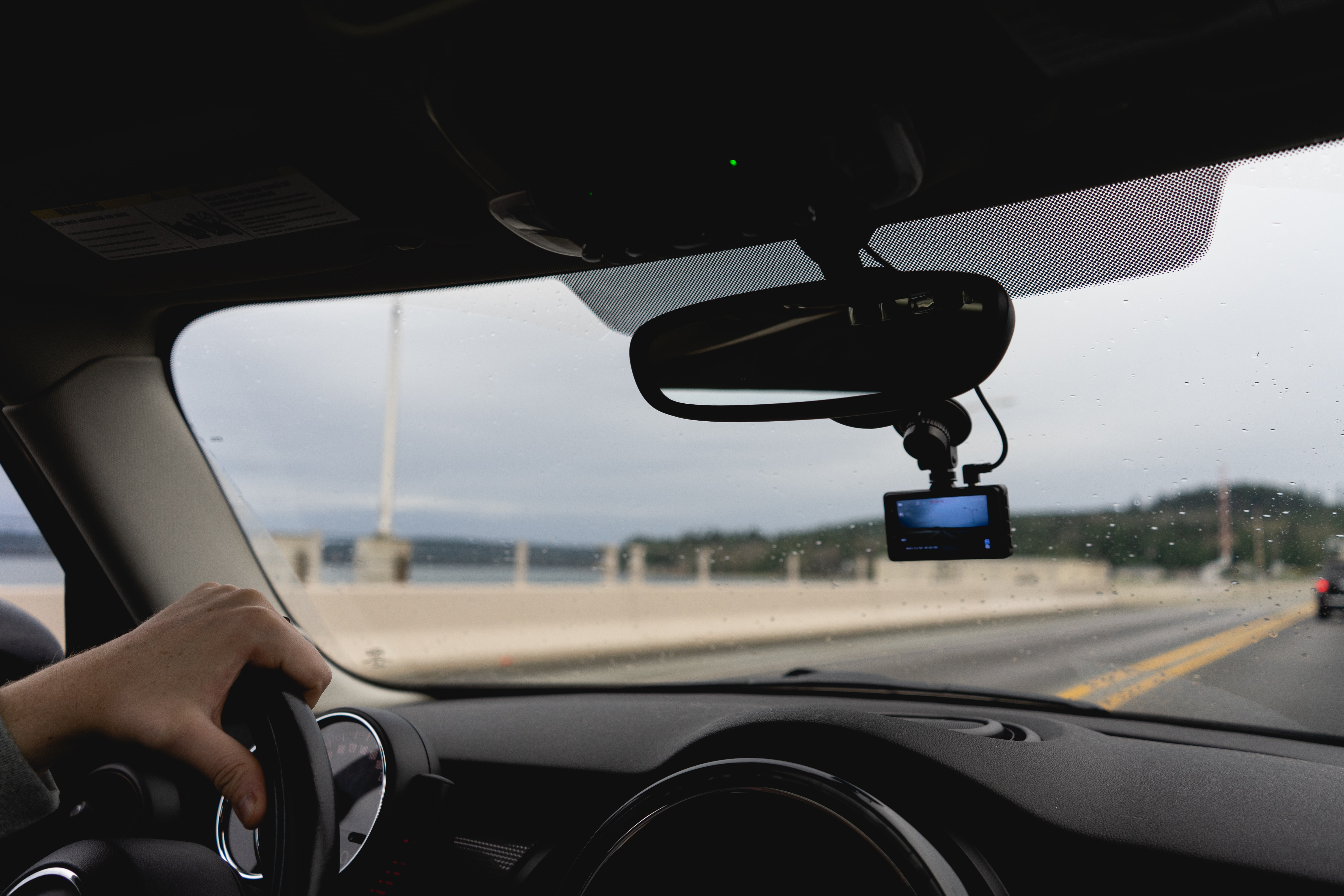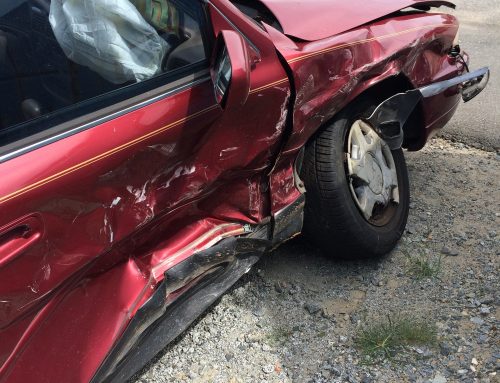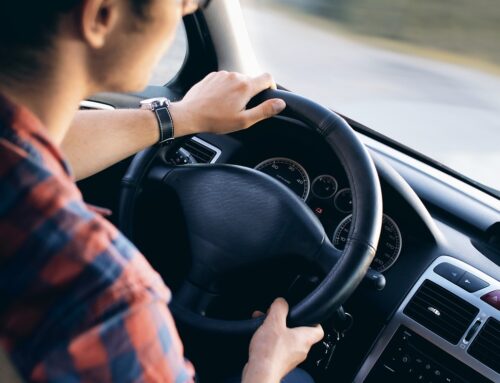In today’s technologically-driven world, dashboard-mounted cameras, or “dashcams,” have become increasingly popular as evidence in a legal case – essentially acting as a “witness” to what has occurred. A dash cam is a video camera attached to the inside of a vehicle. It continuously records what is happening either outside or inside the car. While many people advocate for dashcams, they may not always work in your favor.
Installing a dashcam in your vehicle in all 50 states is legal. However, some states differ on how you can legally use the recorded information as it is considered a form of surveillance. Some states have enacted privacy laws that could prevent dashcam footage from being used in a court case. Most people use dashcams to record what’s happening outside the car, but some dashcams also record audio conversations between the driver and passengers. However, it is important to note that all parties must understand and consent to being recorded in Florida.
Your state’s video consent laws could be vital in a personal injury case. Suppose the dashcam is recording what is being said inside the vehicle. In that case, it could provide evidence of the driver and passengers’ mindset and actions immediately preceding, during, or following a crash. This could be significant to a jury (or judge) determining fault for a car accident.
Mounting Dashcams in Florida: Florida has specific rules about how you can mount a dashcam. It is illegal to drive if something obstructs the view of the road – therefore, the safest places for installation include on the dashboard or behind the rearview mirror. If your dash cam records audio, the vehicle’s owner must gain consent from everyone in the car – including employees and clients – before recording anyone’s voice.
Dashcam Footage as Evidence
In a car accident, damages are awarded based on who was at fault. Even in Florida, which is a no-fault state, drivers are allowed to claim the insurance company of the no-fault driver, and this type of evidence may be valuable. Sometimes, it’s clear who is at fault, but it could be less obvious in other situations. Insurance companies and attorneys will need to determine precisely how the accident happened in those cases. Dashcam footage that has not been edited or altered in any way may be admissible.
Advantages of a dashcam:
- A dashcam can provide proof of the accident’s occurrence.
- If the other driver was at fault, video footage might be valuable evidence.
Disadvantages of a dashcam:
- You might be unable to use footage recorded on private property or in restricted areas.
- Dashcam footage could reveal that you caused or contributed to the accident, hurting your case.
- Footage may show your partial fault, lowering your eventual settlement.
More Legal Implications
If you’re involved in an accident or legally pulled over by a police officer, they have the right to ask to view the dashcam recording. You may agree or decline, but the footage could be subject to a search warrant or subpoena if a legal claim results. If the camera records illegal activity, you should consult an attorney to establish your legal rights and responsibilities.
Dashcam footage can provide valuable evidence following an accident, but it is just as likely to work against you as in your favor.
If you have been in a car accident and need representation, call the law offices of Probinsky & Cole. We have offices in Sarasota, Tampa, and Orlando.








